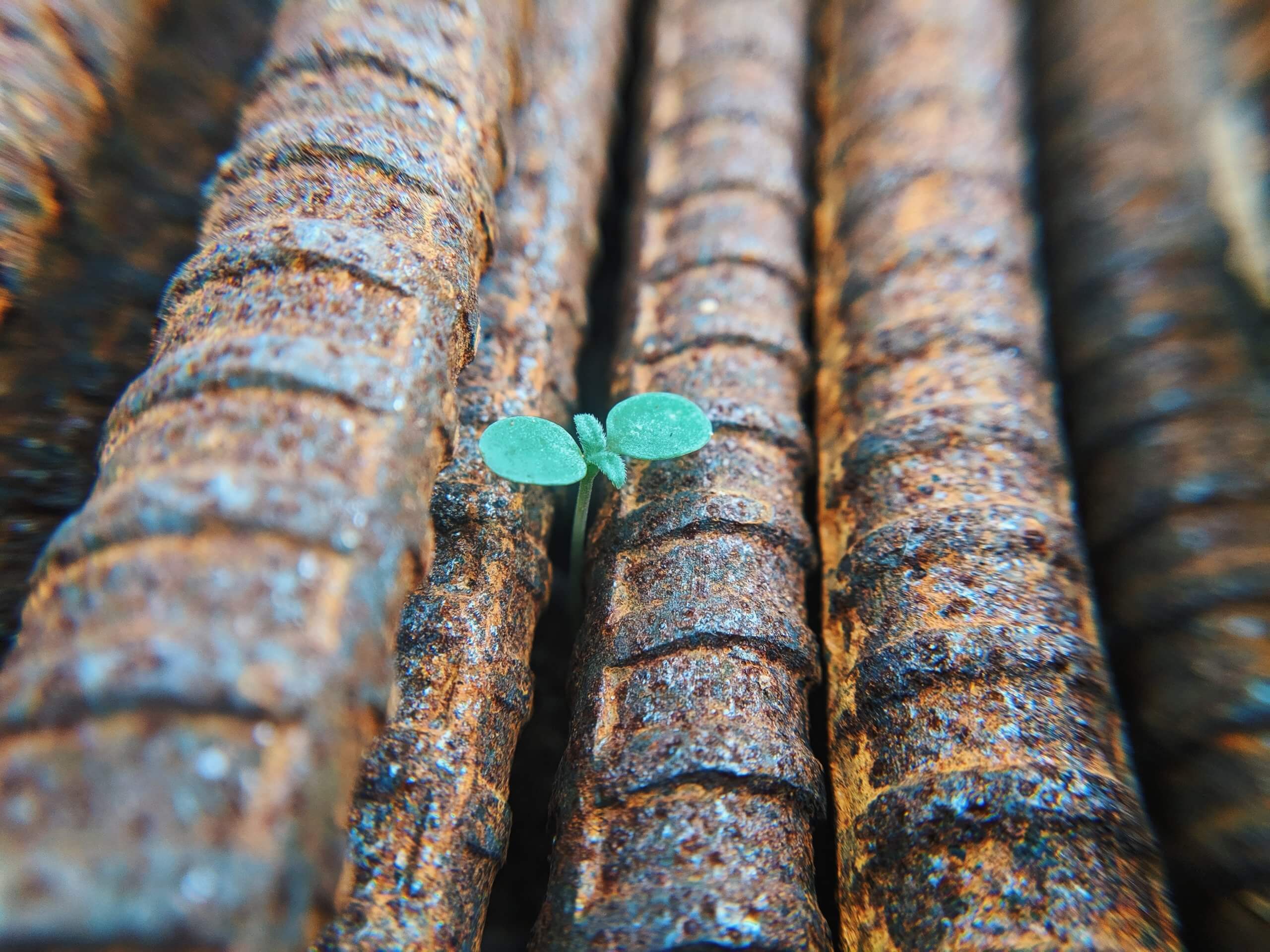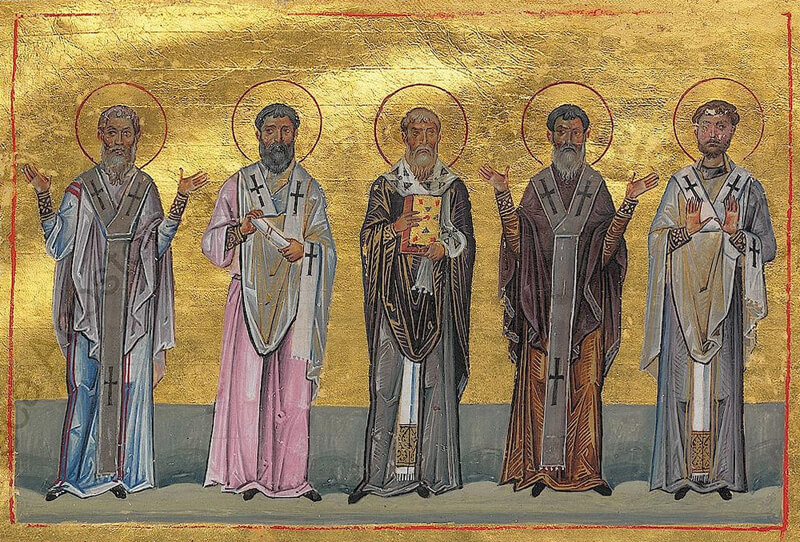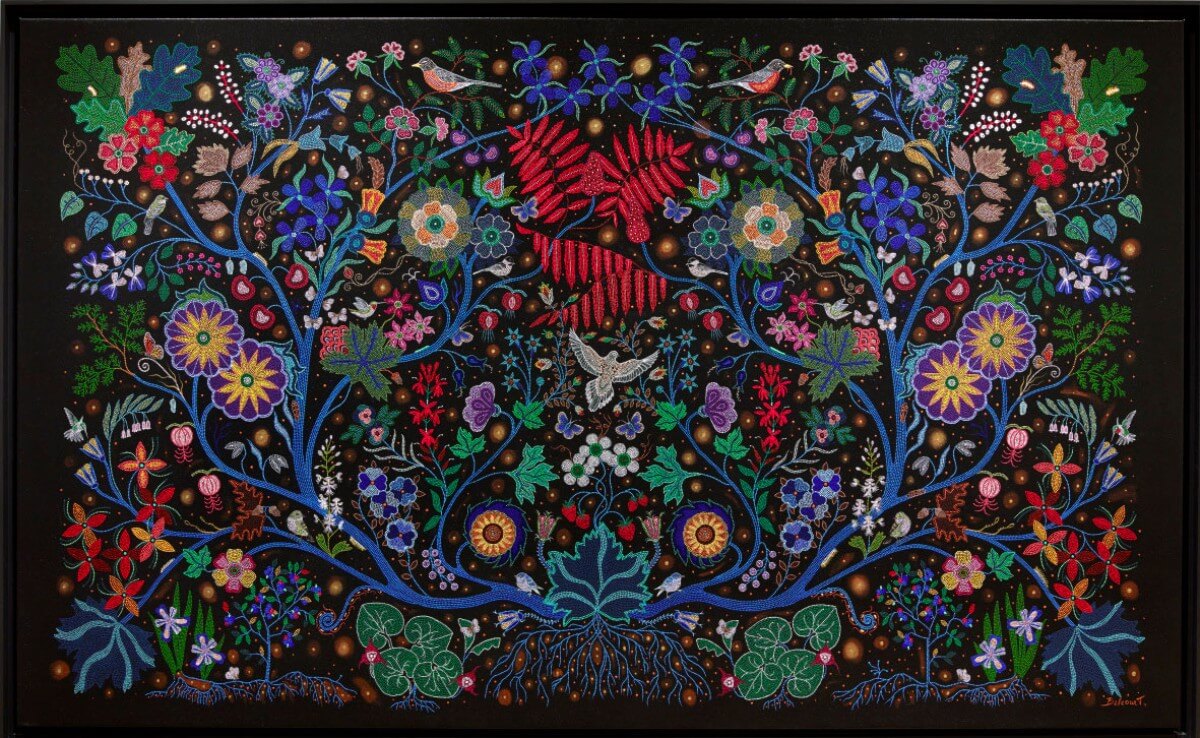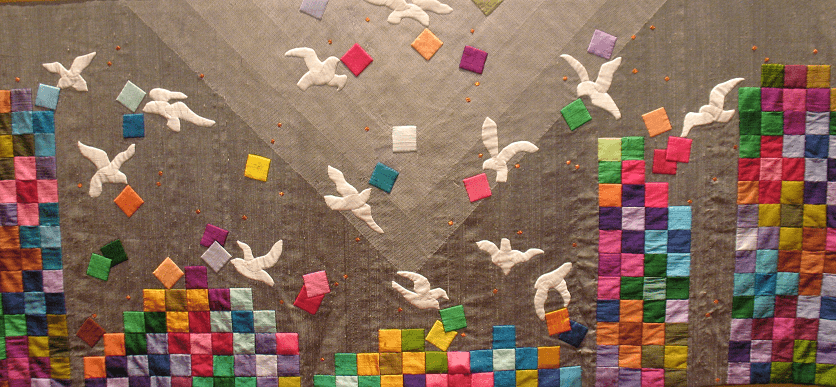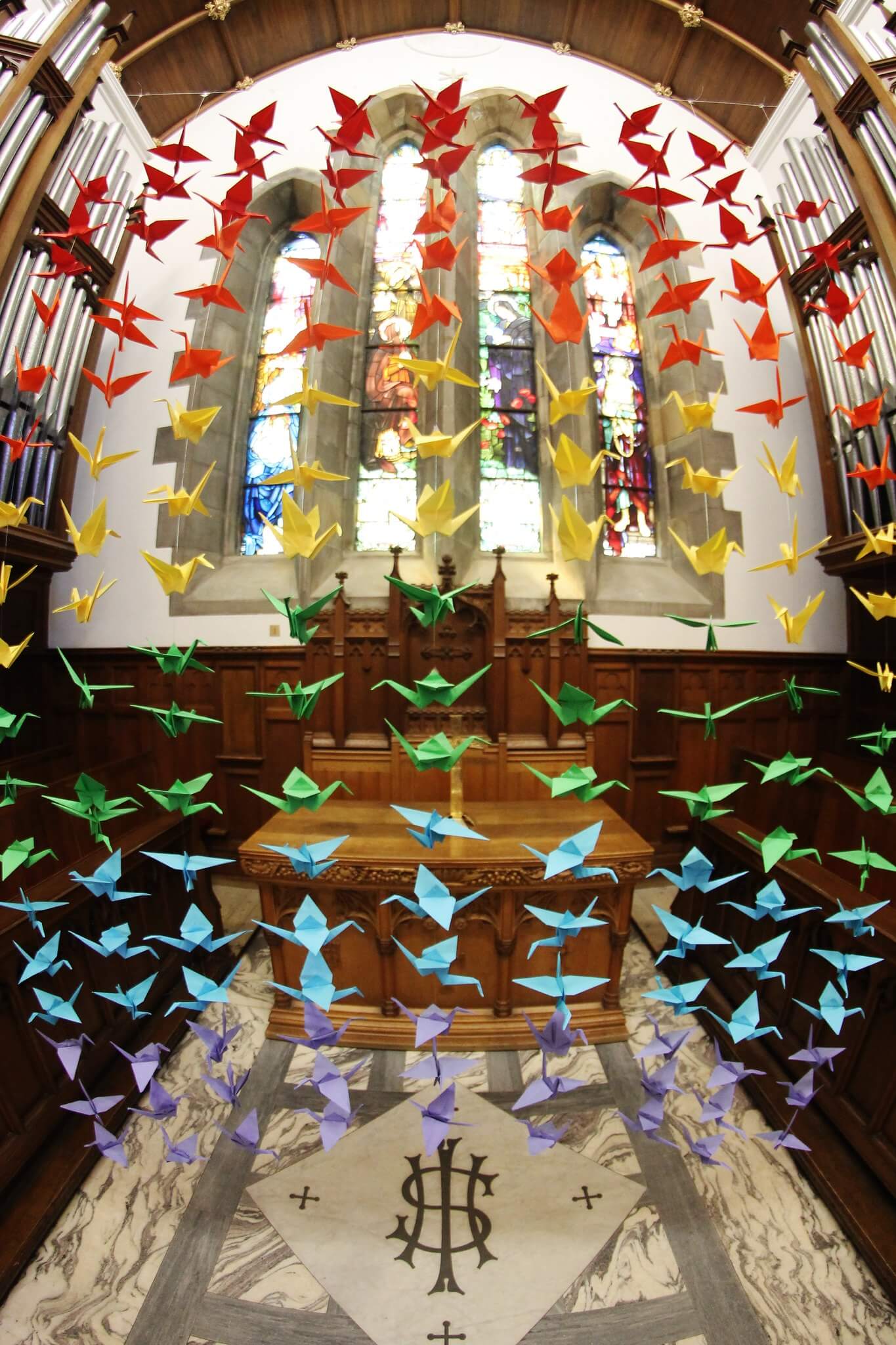Homily on the Feast of the Baptism of Jesus
Sherman Hesselgrave
Readings: Isaiah 42:1-9, Psalm 29, Vaclav Havel on Hope, Matthew3:13-17
Photo by Faris Mohammed on Unsplash
Twenty years ago, on the celebration of the Baptism of Jesus, I was on sabbatical in Italy, and on this particular Sunday I was in Assisi at the Basilica of St Francis. The Abbot began his homily that day by saying, “With the baptism of Jesus we have all been baptized.” I had never thought of it that way before, but he was right. Every baptism has its roots in that moment Jesus stepped into the Jordan River
with John the Baptist. It was a moment of revelation, but also a moment of dedication and commitment to a particular journey. Orthodox Christians kick the significance up a notch by observing that Jesus’ presence in the Jordan River that day had the effect of blessing all the water in the world. So, today is a fitting opportunity to remember our baptism and to reflect on what it means in the world today.
The DNA of what it means to be Christian is embedded in the Baptismal Covenant. We will be invited to renew our baptismal vows in the service today. We will respond, “I will, with God’s help” to questions like:
• Will you seek and serve Christ in all persons, loving your neighbour as yourself?
• Will you strive for justice and peace among all people, and respect the dignity of every human being?
• Will you strive to safeguard the integrity of God’s creation, and respect, sustain, and renew the life of the Earth?
The Golden Rule is baked into the Baptismal Covenant, as is peacemaking and care for the environment. To live our baptismal promises intentionally is to steer the world toward the peaceable kingdom envisioned by the prophet Isaiah and the reign of God that Jesus described through stories and encounters with others. Baptism taken seriously is a sign of hope in a world filled with strife, greed, and confusion. But regard for baptism has somewhat of a chequered history.
When my daughter was born, her mother and I discussed baptism, and ended up deciding that, if baptism is one of the most significant moments in a Christian’s life, it should take place at an age when one might actually remember it. So we arbitrarily decided that she would be baptized when she was in kindergarten. I have no objections to infant baptism or the theology of grace that does not require a profession of faith first. We simply didn’t think there was any urgent rush to do it. Not everyone looked at it the same way, however. I remember my mother first indicating a concern for our delay, and I remembered from my Lutheran upbringing that infants were usually baptized early on—I was baptized a three weeks—, perhaps from the centuries of babies not surviving childhood. (My own generation was one of the first post-antibiotic generations.) A woman in my
parish at the time took exception to her parish priest not baptizing his child as an infant. For some reason, she thought it must have been a violation of the canon law of the church. I could have pointed out to her that none of her own five children (born in the 50s, as my siblings and I were) had darkened the door of a church in
years, so what was the big deal? At regular intervals over the course of my ministry I would have conversations with grandparents who wanted to have grandchildren baptized despite the parents having no involvement in a faith community. A lot of generations had bought into the tradition that you needed to get the baby “done”
just in case….
In recent decades, some churches have revived the ancient practice of preparing for baptism, called the catechumenate. It is a process befitting the seriousness of the commitment. For the five years before I came to Holy Trinity I was a member of a church that had been doing the catechumenate since the mid-90s. Those wanting to be baptized or confirmed and their sponsors would meet for a couple hours on a Sunday afternoon almost weekly from the First Sunday of Advent until Pentecost, with baptisms happening at the Great Vigil of Easter. Part of the time each week was spent in community-based Bible study, as well as exploring what it means to practice your faith between Monday and Sunday. We did a short
form of the catechumenate at Holy Trinity when we had two adults baptized at the Easter Vigil a number of years ago, but we don’t have many baptisms these days.
I included the reading about hope from the Czech playwright and President, Vaclav Havel [from Disturbing the Peace], because of my conviction that baptism is a sign of hope. But, like hope, baptism can be misconstrued. Havel says that “ [h]ope is not the same thing as optimism. It is not the conviction that something is going to turn out well, but the certainty that something makes sense, regardless of how it turns out.” And baptism is not a magical way to hedge bets against unpleasantness in the afterlife. Baptism is a commitment to a way of living according to a set of values articulated in the Baptismal Covenant an initiation into the communion of saints that spans time and space, a cloud of witnesses living in the mystery that is God. Hope, like faith and love, is a spiritual virtue, a gift of God, and, to quote Havel again, hope is “an ability to work for something because it is good, not just be cause it stands a chance to succeed.” Jesus did not have a back-up plan in case the dozen or so disciples he left behind failed to keep alive his vision of how the world could work.
The prophecies of Isaiah are key to understanding how Jesus understood his own vocation, and how those in the early church and later developed a Christology for the church. There is even an entire book (by the biblical scholar, Brevard Childs) on The Struggle to Understand Isaiah as Christian Scripture [2004]. Today’s passage
[Isaiah 42] is sometimes referred to as the first of four Songs of the Suffering Servant. We shouldn’t be surprised that the opening line: “Behold my servant, whom I uphold, my chosen, in whom my soul delights,” is paraphrased in the voice from heaven at Jesus’ baptism. God’s spirit has been given to the suffering servant “to bring about justice to the nations.” And the methodology will not involve loud,
ostentatious heavy-handedness, but a gentle, even imperceptible, “refusing to break a bruised reed, or to snuff the faintly glowing wick.” God’s preferential option for the weak, the poor, and powerless is woven through these prophetic utterances.
To be baptized into the body of Christ means we can imagine God working through us—in our lives and ministries—in seemingly inconsequential ways, but, in fact, helping bring to pass the “new things” God declares to be unfolding. Which brings us back to the gift of hope. I will let Havel have the last word. He wrote these words in the mid-1980s, but they apply just as well today: It is “this hope, above all, that gives us the strength to live and continually to try new things, even in conditions that seem as hopeless as ours do, here and now.”

